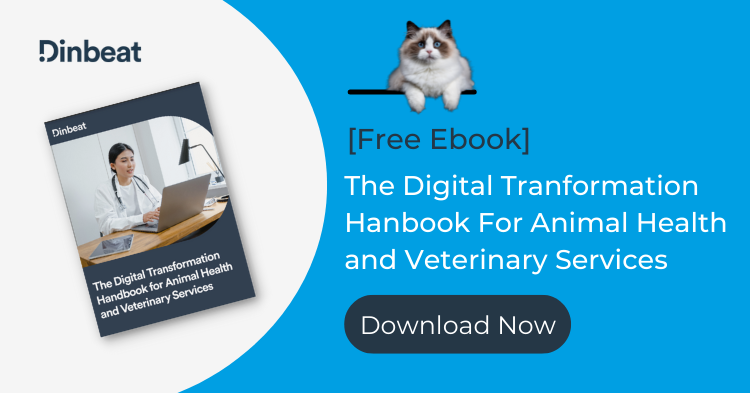60% of infectious human diseases come from animals, according to the World Organisation for Animal Health (OIE).
This is just one indication of how caring for animal health supports global welfare and how health is interdependent between humans, animals, and the environment. This concept is known as One Health, and in the face of all the challenges it presents, the veterinary sector needs to play a key role.
What Is One Health?
According to the World Health Organisation, “One Health is an approach to designing and implementing programmes, policies, legislation, and research in which multiple sectors communicate and work together to achieve better public health outcomes.”
In other words, this concept aims to bring professionals from different health sectors together, with the goal of improving public health and global wellbeing. Indeed, the word itself defines its purpose: one health to care for the whole planet.
This approach has gained traction over the last twenty years, due to the interdependence of animal and human health, with 6 out of 10 human infectious diseases originating from animals (a phenomenon known as zoonosis). But what is the role of veterinarians in this new approach?
The Key Role of Veterinarians in One Health
There are many crucial points where veterinarians play a prominent role, though these are often not visible to the general population. In fact, it’s common to find veterinarians doing research in human and veterinary medicine, drawing up epidemiological plans, or inspecting the hygiene of all types of food and water.
Given this paradigm, the need to establish relationships between disciplines is clear. In fact, according to One Health, there should not be separation. Veterinarians should be able to carry out work which is beneficial for animal, human, and environmental health.
In this scenario, collaboration between professionals is essential, regardless of the field, because in such an interconnected world, the only way to solve some problems is to do it together.
Active Collaboration With Professionals From Other Areas
Sharing information between professionals will be fundamental in facing some of the current and future health challenges. From laboratory test results, to new trends or epidemics in the animal sector, communication will be necessary to avoid compromised public health situations and to investigate new ways to address challenges such as Covid-19.
Increased Focus On Preventive Health
The best way to “treat” a disease is to prevent it from occurring. To achieve this, preventive health should play a central role in animal health. Through vaccination protocols and regular check-ups, it’s possible to reduce the risk of disease and zoonoses, a concept that is widely used in human health and has been gaining ground in animal health in recent years.
Antibiotic Control and Reduction
One of the most pressing problems today is antimicrobial resistance, which institutions such as the European Union are currently focusing on.
As the Barcelona Institute for Global Health points out, “some of the antimicrobials that are widely used in animals are those that are preserved for the most difficult cases in human clinical practice“. In order to limit and restrict their use, especially in animal husbandry, the EU has already started to implement new legislation to control their use and avoid a negative effect on the population in the long term.
Public Health, a Responsibility for All Health Professionals
Ultimately, One Health highlights the vital importance that active collaboration between different health sectors has. And, in the case of veterinarians, this relationship should be even stronger, due to the great role they play in human and veterinary health research, food control, and the creation of epidemiological plans.







